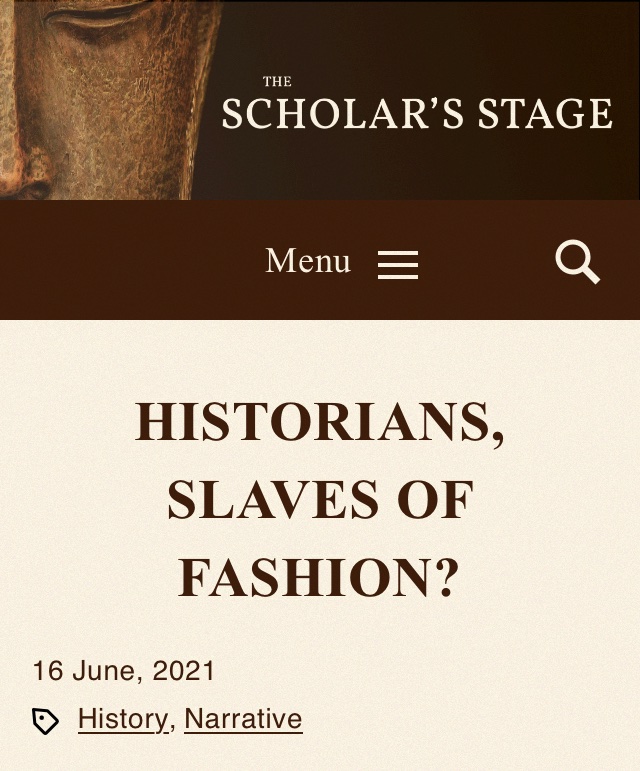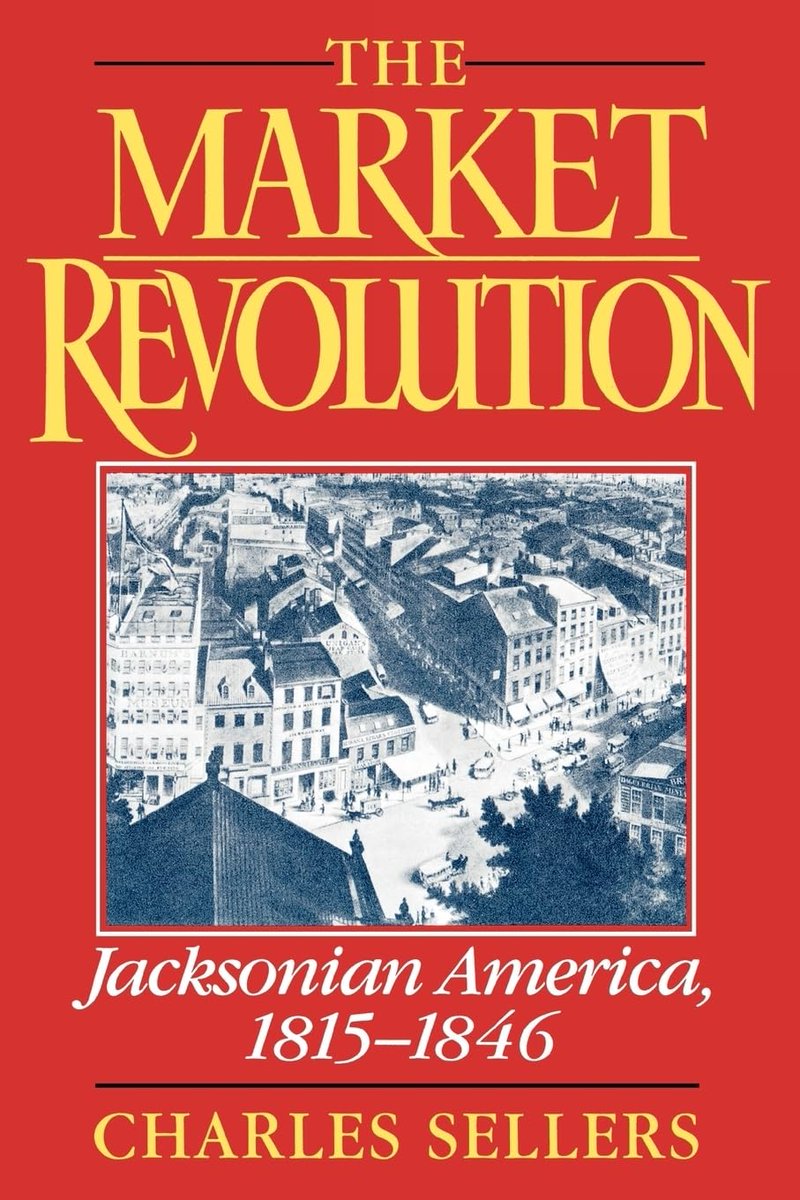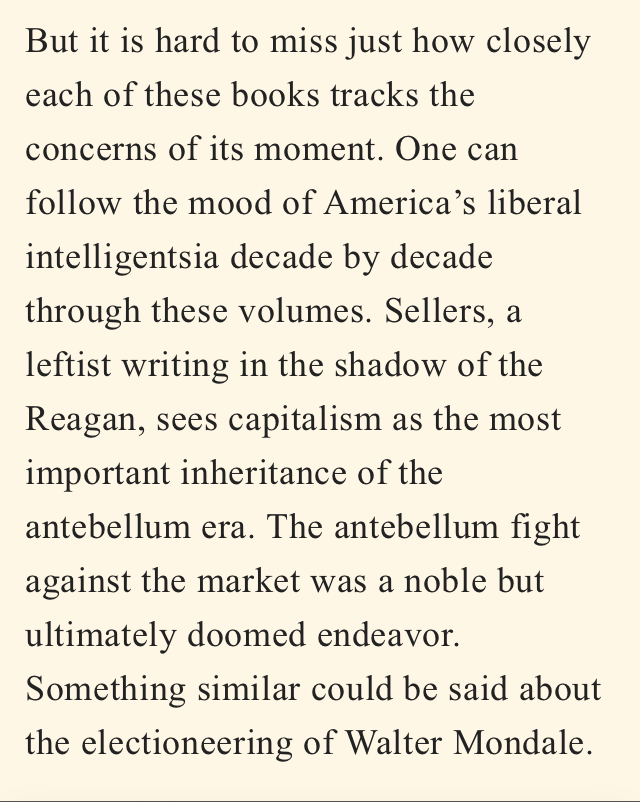IMHO they already know this -- moves over the last year can be seen as "lets try and wipe the slate clean while we still have the option; if we do not come up with a lasting reshaping of our security environment now, we will not be able to anything about it in a decades time."
https://twitter.com/_mengde_/status/1950415125447659871
Or to put this another way: one major driver of conflict is the perception among one of the players that their position will diminish in the future. "We will never have more relative strength than we do, so we must act before the balance of forces is less favorable."
This is one of the reasons imperial Japan was willing to gamble on Pearl Harbor -- if you believe the conflict is inevitable, better to go now, even if the situation is not favorable, than in the future, where the situation will be worse.
The American public's generational about-face on Israel is one of the most important inputs into the Israeli calculus of "are the trend lines in our favor, or are they against us?"
• • •
Missing some Tweet in this thread? You can try to
force a refresh









